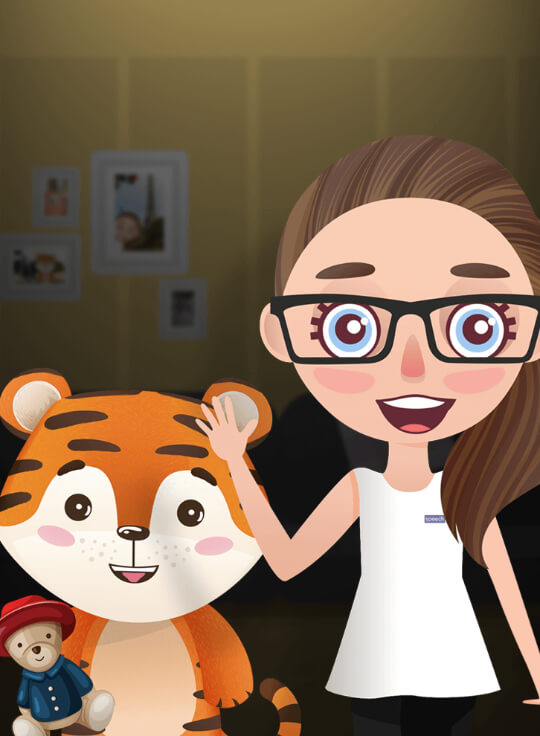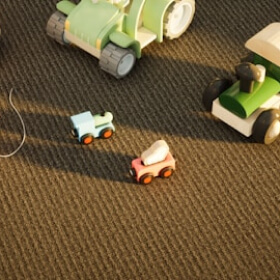When parents have started to realise that their little one’s speech, language or fluency development is falling behind average age expectations, they often ask – what next? Should I just wait? Will they grow out of it? Will they just catch up? Am I overreacting?
Research indicates that early intervention is one way to minimise the impacts of speech and language difficulties long term. The power of early intervention lays in the fact that the paediatric brain is most ‘plastic’ (meaning: flexible or capable of change) during the first three years of life. It has also been demonstrated that therapy is likely to be more effective when administered in the early years.
We also know that speech, language, play, and cognition are all inter-related and are skills which build upon each other over time. In this way, children develop their communication abilities in a step-wise, hierarchical manner. It is unlikely that a child will suddenly start having conversations at 3 years of age, if they have not consolidated their ability to use single words, word combinations and early phrases. In clinical practice, speech pathologists provide intervention to children as young as 16 – 18 months of age. When we also consider that children are expected to have a well developed oral language system before starting prep at age 4.5-5 years, we begin to see how critical their early years are for preparing for ongoing success.
Common questions we’ve found being asked online
How early can my child start speech therapy?
Early intervention can never be too early! Your child should be reaching speech, language and hearing milestones before 18 months of age. If you do have concerns before 18 months, call Speech Clinic or your local speech pathologist to voice your concerns and to learn more about early interventions. We routinely collect data and monitor children before undertaking therapy.
Does my child need speech therapy?
Trust your gut! Research indicates that maternal concern is a strong indicator for childhood speech and language difficulties. Trust in your own judgement and right to seek out health-related information. Reach out to a Speech Pathologist where they can complete an assessment with your child.
Does my child need speech therapy age 7?
When parents have started to realise that their little one’s speech, language or fluency development is falling behind average age expectations, they often ask – what next? If your child is 7 and you are realising this, we advise you to reach out to your local speech pathologist and seek out an assessment. This will determine whether your child does or does not need speech therapy.
Should I just wait and see?
Remember that speech and language abilities build upon themselves. Early developmental milestones need to be consolidated to allow for ongoing growth. The old mantra of “let’s just wait and see” may potentially cause your child more harm in the long run.
When do speech pathologists start working with children?
In clinical practice, speech pathologists provide intervention to children as young as 16 – 18 months of age. When we also consider that children are expected to have a well developed oral language system before starting prep at age 4.5-5 years, we begin to see how critical their early years are for preparing for ongoing success.
Will my child’s speech catch up?
We know that speech, language, play, and cognition are all inter-related and are skills which build upon each other over time. In this way, children develop their communication abilities in a step-wise, hierarchical manner. It is unlikely that a child will suddenly start having conversations at 3 years of age, if they have not consolidated their ability to use single words, word combinations and early phrases.
How do I know if my child needs speech therapy?
The best way to know if your child needs speech therapy is to have an assessment completed. Your local Speech Pathologist can complete an assessment with your child. This assessment will provide information specific to your child and whether any intervention is required.
What is the best age to start speech therapy?
Earliest is always best. There is a strong evidence-base for early intervention. Research indicates that early intervention is one way to minimise the impacts of speech and language difficulties long term. The power of early intervention lays in the fact that the paediatric brain is most ‘plastic’ (meaning: flexible or capable of change) during the first three years of life.

















